The End tells the story of a wealthy family who survived the collapse of the climate and civilisation in a bunker inside an abandoned mine. Before the collapse they were rich, and they continue to enjoy every luxury.
Mother (Tilda Swinton) hangs Renoirs in their private gallery. Mary (Danielle Ryan) cooks delicious cakes. Doctor (Lennie James) provides medication, with casual cruelty. Butler (Tim McInnerny) decorates their library. And Father (Michael Shannon) tells Son tales from his life as an oil executive.
Son (George MacKay), who was born in the bunker, spends his time making models of American history, including the Moon landings and the transcontinental railroad. The family live in an unreal world of fictions, from the paintings they hang, to the models they make, their artificial lights and their fake house within the bunker.
They tell themselves, and each other, that they are good people, that their life is worth living and they did what they had to to survive. The fact that this film is a musical only makes it feel more unreal.
Looking for something good? Cut through the noise with a carefully curated selection of the latest releases, live events and exhibitions, straight to your inbox every fortnight, on Fridays. Sign up here.
One day, Girl (Moses Ingram) stumbles into the bunker. Starving, weak and haunted by guilt, she tells the family of the terrible things she did get to safety. She challenges their response that “you had no choice”.
As she grows closer to Son, she points out uncomfortable truths, like the fact that thousands of immigrant workers died while building the transcontinental railroad. At first, Son repeats what his parents have told him. But he soon comes to cruelly and openly mock the stories his family have concocted, seeing how self-serving they are.
As the film unfolds, we learn the guilt, lies and self-deceptions that allowed each person to survive, and the stories they cling to.
The End has more than one meaning. On the surface, the title refers to the end of civilisation. But “the end” can also mean the purpose of something, like the meaning of life. As one of the songs on the film asks, how can we make a “life worth living”?
Plato’s Cave
Some viewers have compared the film to Plato’s Cave. The allegory is described in The Republic, the ancient Greek philosopher’s exploration of justice, politics and the ideal society.
The allegory describes a group of prisoners who are chained in a cave. On the wall, various shadow-images are projected: animals, people, objects. Because they don’t know any better, the prisoners take these shadows to be reality, and spend their time predicting which shadows will come next.
One day, a prisoner escapes and makes their way to the surface. There they see the real things which correspond to the shadows. They even see the dazzling sun in real life. Upon returning to the cave, the prisoner tries to free the other prisoners from their delusions. But they refuse to be shaken from them, and kill him.
Many interpret this escaped prisoner as Plato’s mentor, Socrates, the philosopher who was executed after he challenged Athenian citizens on questions of the ethical life.
https://www.youtube.com/watch?v=guE154B6P8Q
One message from the cave analogy is that living in ignorance, even wilful ignorance is not living a good life. The prisoners in the cave are not living a good life but they aren’t unhappy. In fact, they’re so comfortable with their illusions that they’d rather kill the escaped prisoner than listen to him. But their lives are still empty, because they are built on lies.
The End is not Plato’s Cave: The Movie, but the similarities with the allegory are clear. It too focuses on a group of people who live in an underground, unreal world, where their activities are meaningless because they are disconnected from reality, and who actively deceive themselves and others. Someone with knowledge of the outside world enters the community and confronts them with the truth – that their lives are built on falsehoods.
Just like the prisoners in Plato’s Cave allegory, the lives of the family before the Girl arrives are fine. But the Girl forces them to see things differently. When she finds the wine bitter, Father admits that that the wine is bitter. Her guilt forces them to face their own. Her integrity, and refusal to deceive herself about the choices she made, forces them to confront their self-deceptions. The love that blooms between Girl and the Son forces Mother, Father and Butler to recognise their own isolation.
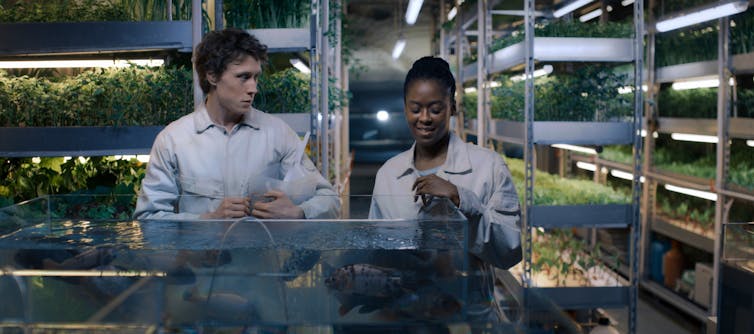
Courtesy of Neon
In a way Girl is like Socrates, forcing people to examine their lives. But unlike Socrates, she allows herself to be vulnerable. She causes the change in the others not through Socratic questioning of their beliefs, but simply by expressing her own feelings, and what she knows to be true.
Unlike Socrates, Girl does not declare that the unexamined life is not worth living. But she does cause the family to examine their lives, albeit briefly and incompletely.
When we sit in a cinema, we are a bit like Plato’s prisoners, watching images projected onto a wall. Mostly, movies let us escape reality. But The End doesn’t. It forces us to face real truths – the need for honesty and self-examination in the face of the immanent collapse of our climate. We have a choice – how to respond.
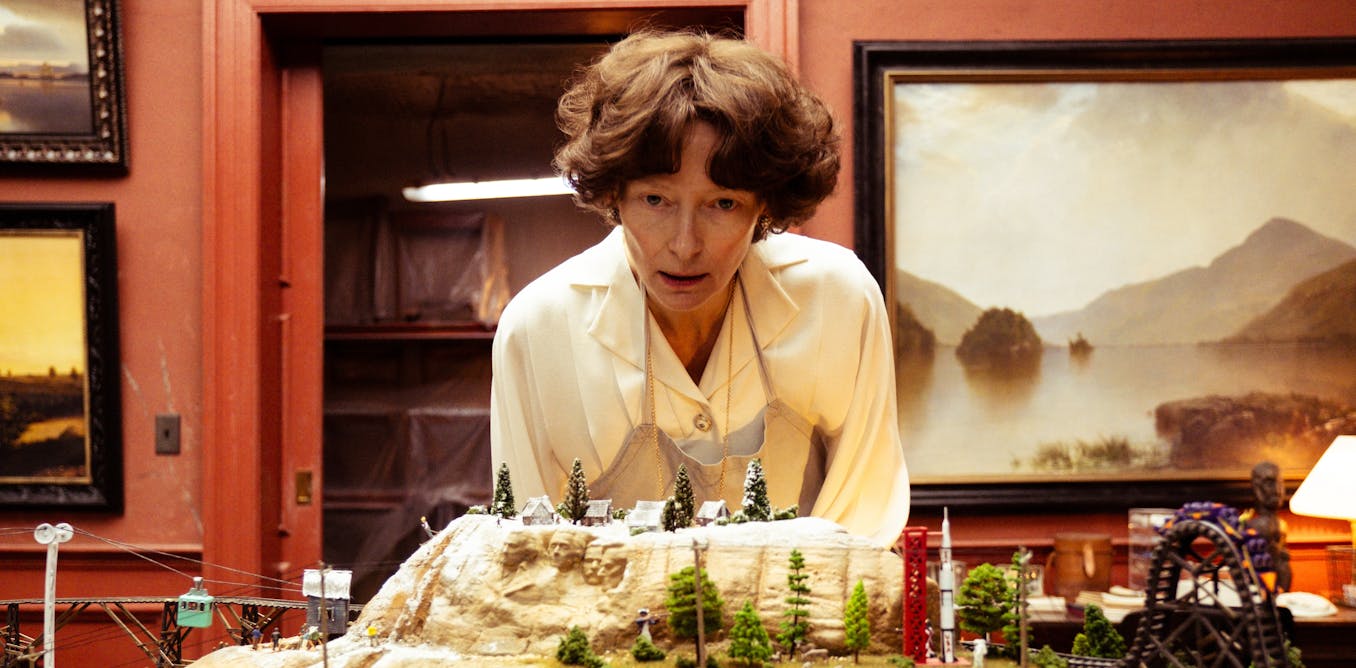
The post “philosopher explains new climate-collapse musical using the allegory of Plato’s Cave” by Matthew Duncombe, Associate Professor in Philosophy, University of Nottingham was published on 03/27/2025 by theconversation.com



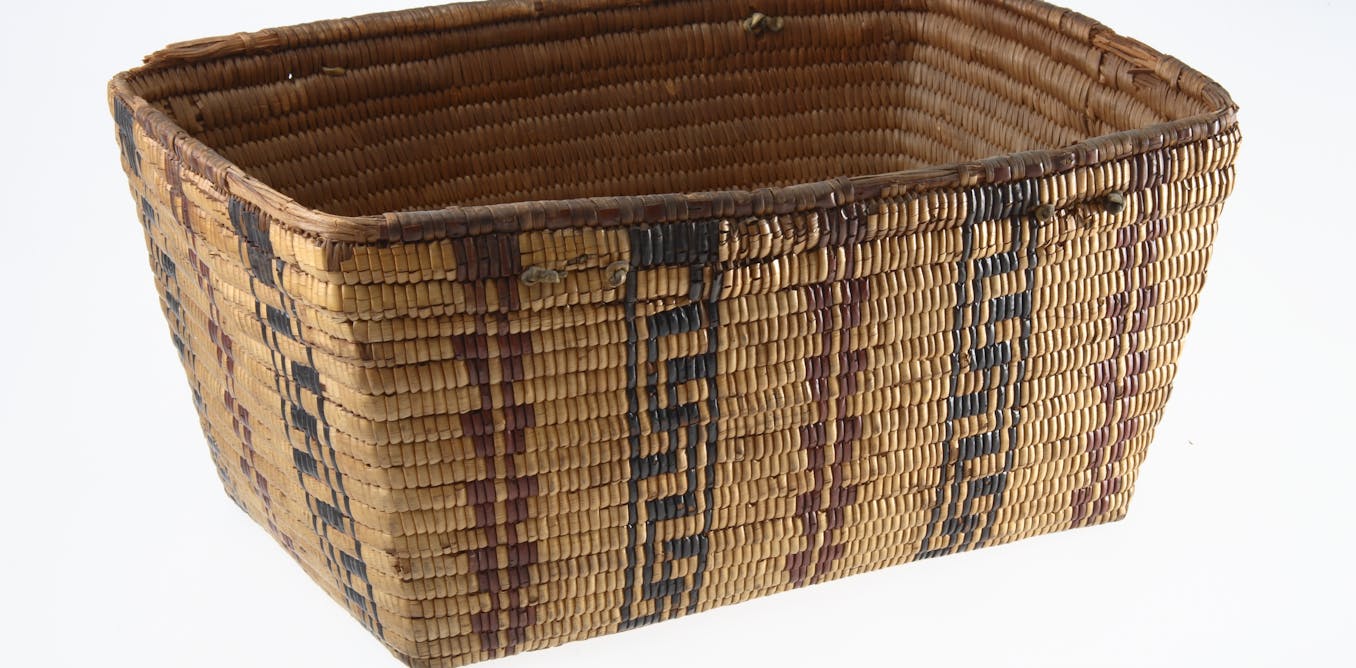



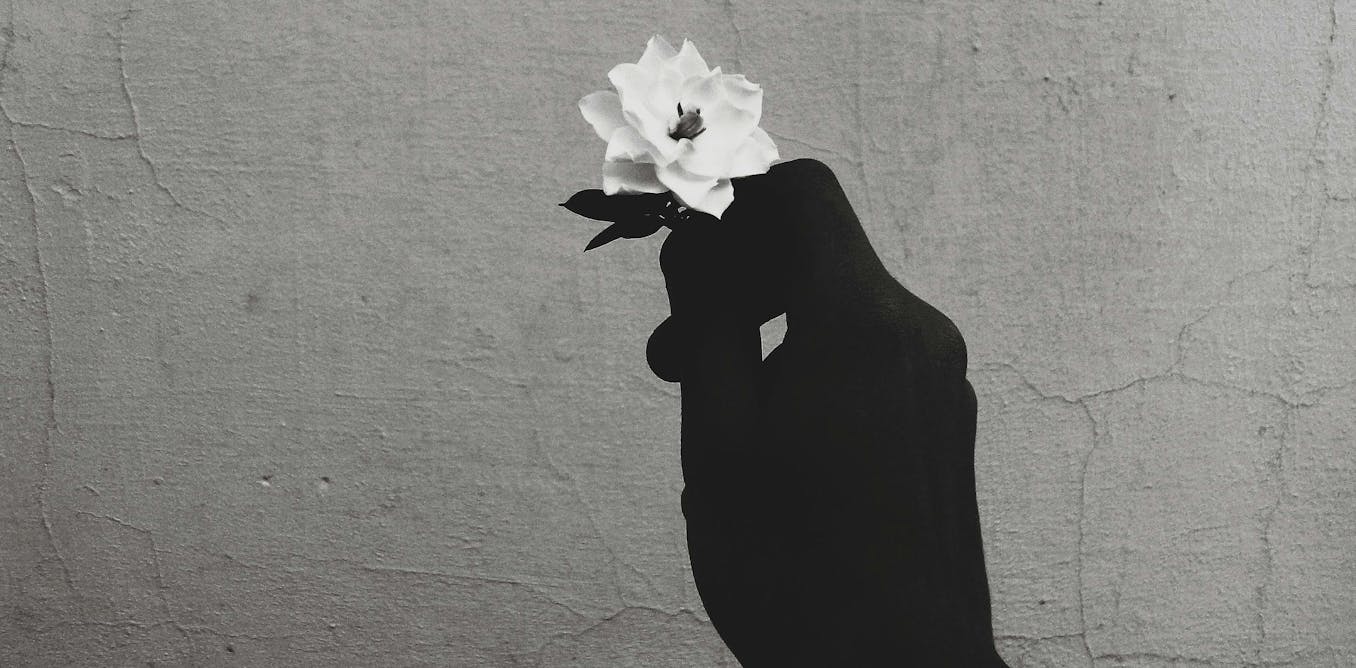





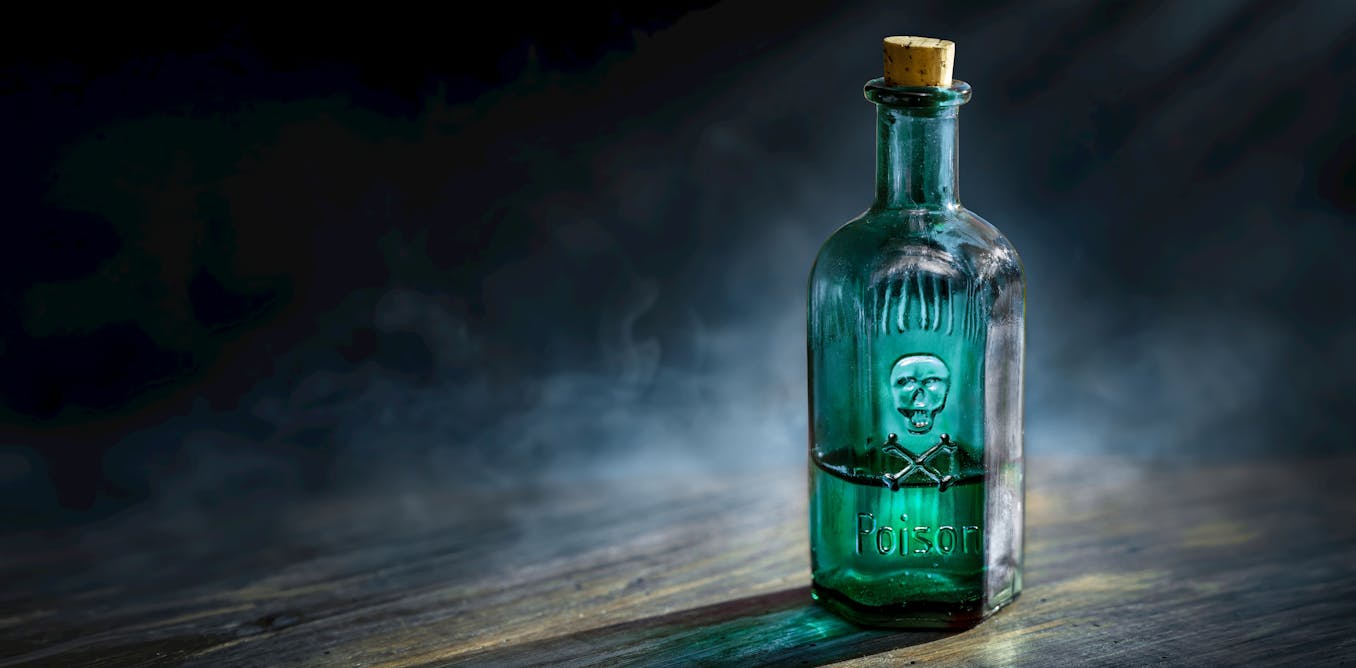










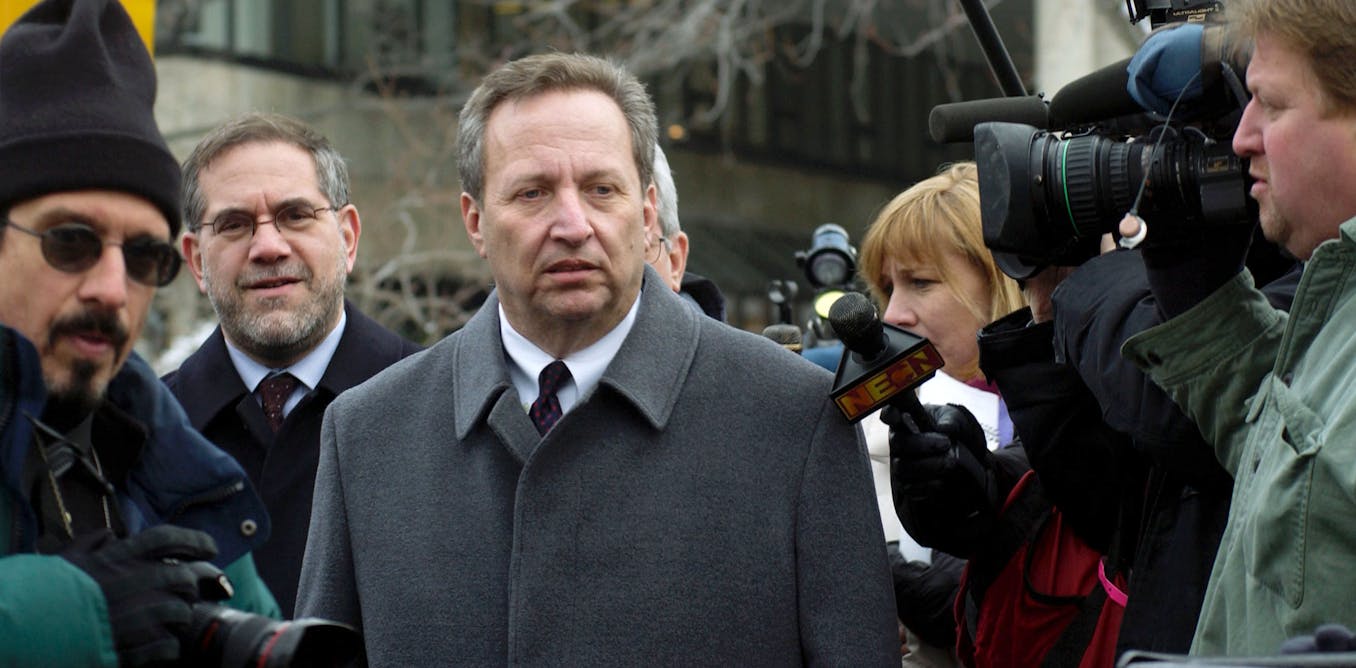










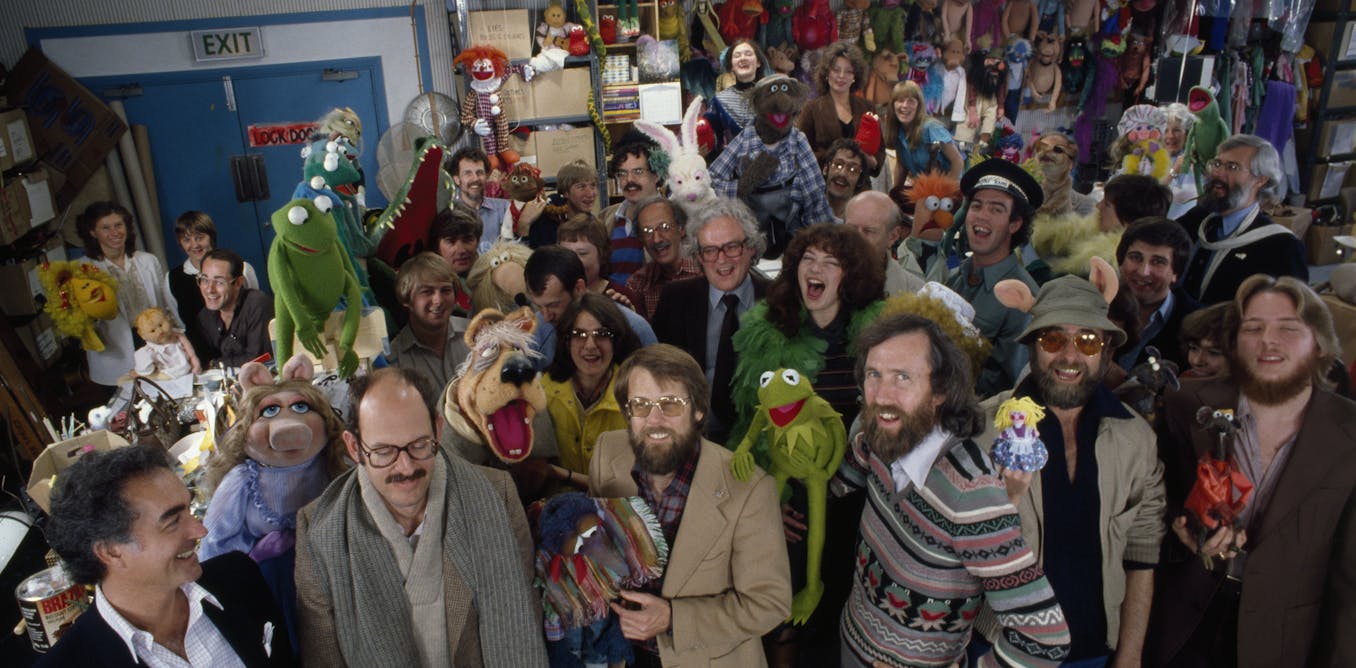
Leave a Reply